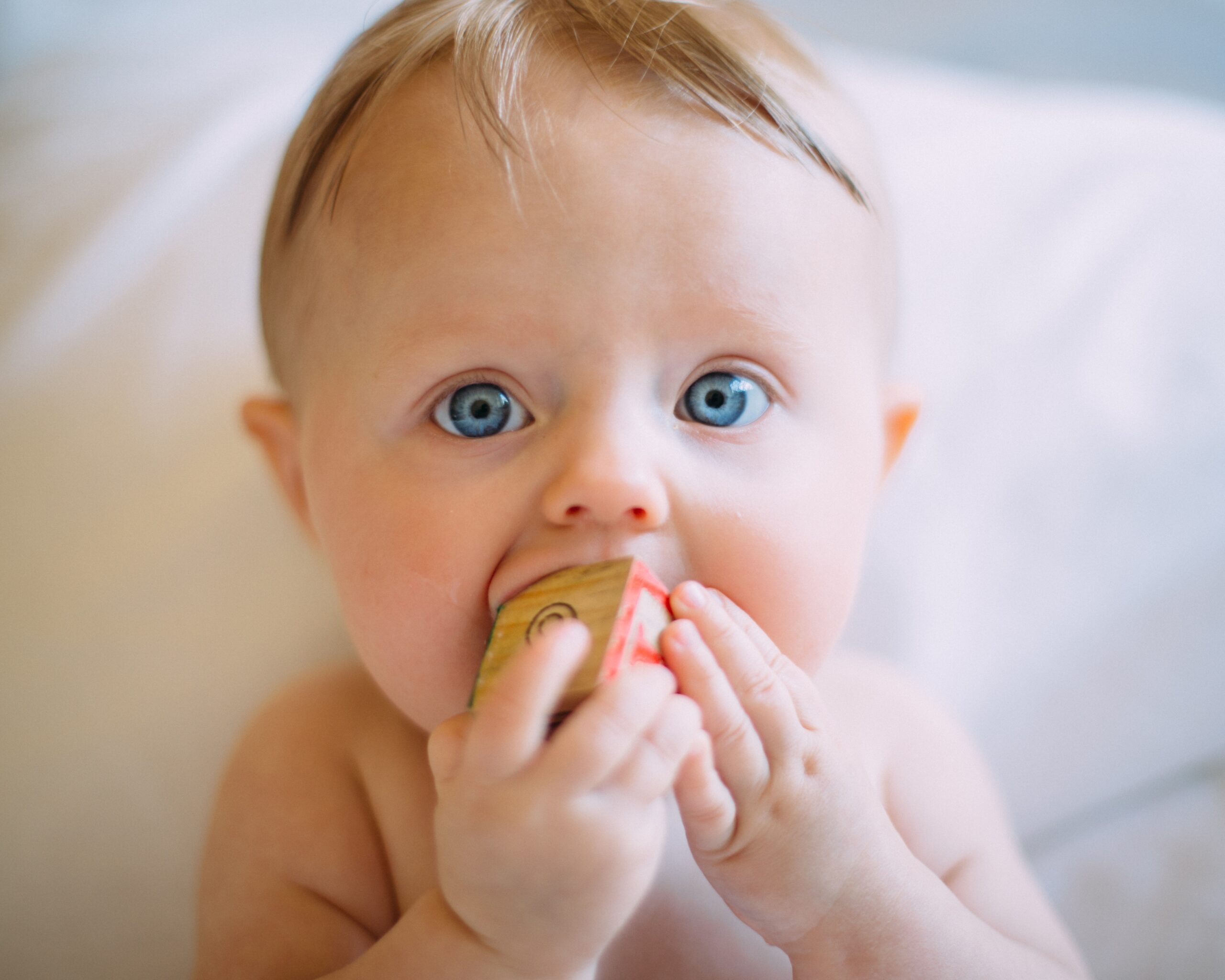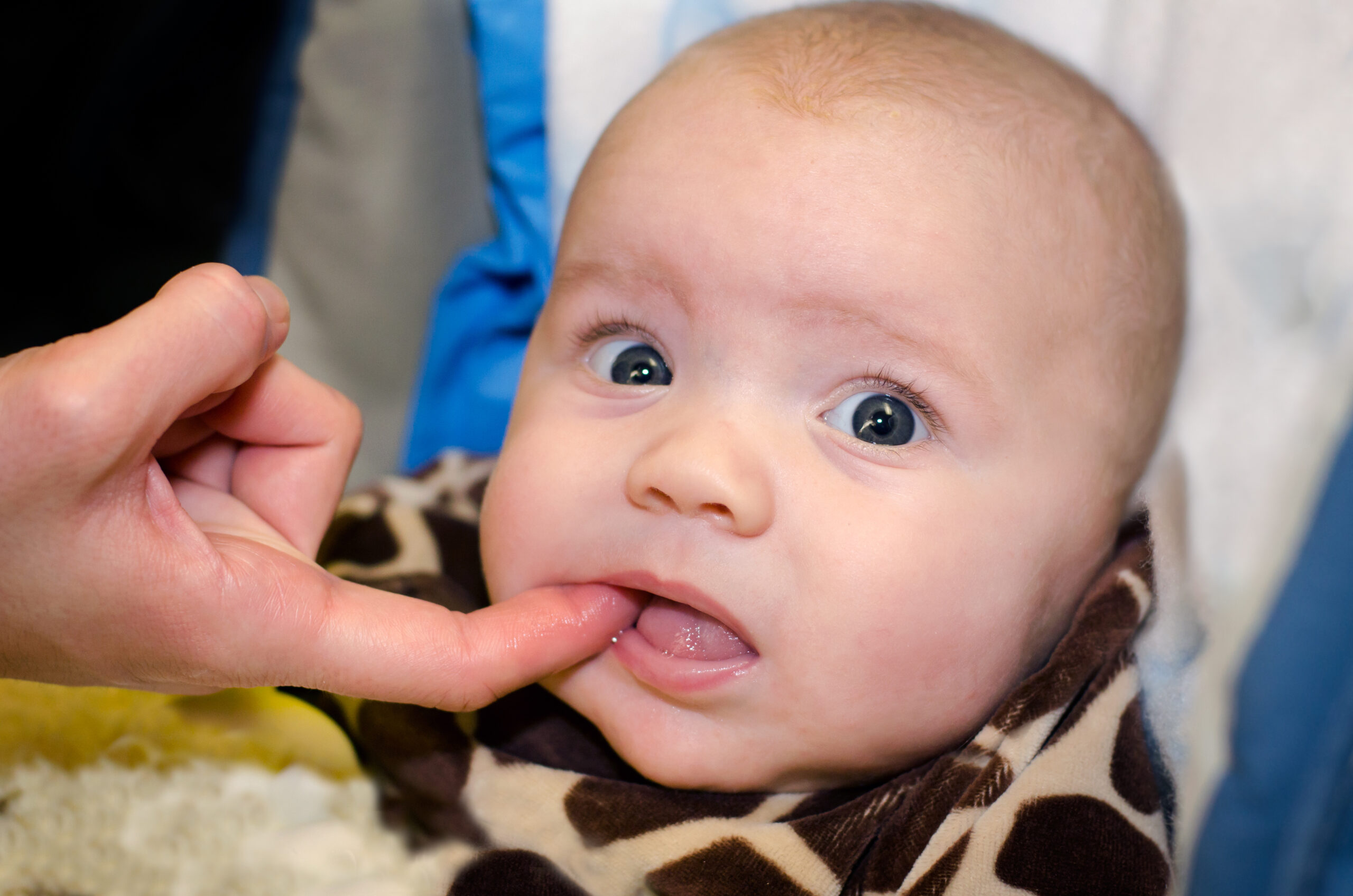
How to Prepare your Child for their First Dentist’s Appointment

*Collaborative Post
Taking children to the dentist can be anxiety-inducing for both children and their parents, but it’s a necessary step for their health. Children need to get into good habits young so that their teeth will be healthy as they grow older.
The American Dental Association (ADA) recommends that parents should bring their children to the dentist upon their first signs of teeth eruption—typically around 6 to 12 months of age.
Before you go on your children’s first visit to the dentist, there are a few things you should keep in mind. Let’s look into them in this children’s first dental appointment guide.
1) Make sure their teeth are clean before the appointment
Nothing sets a bad first impression more than children with bad oral hygiene. Your child cannot come up with excuses in your stead, so make sure their teeth are clean before they sit down on the dentist’s chair.
While it may appear to be your child’s dentist’s obligation to clean his or her teeth, having them cleaned beforehand allows for more efficiency for your dentists to perform their check-ups.
Brush children’s teeth twice a day with fluoride toothpaste to keep them safe from cavities. Make sure they don’t have anything stuck between their gums or cheeks before you leave.
If your child is below a year old, you don’t have to floss since there are still gaps between the teeth. However, you should encourage children aged two and older to floss (or do it yourself) because their teeth have already developed during this time.
Brighton pediatric dentists also recommend children use children-sized toothbrushes because children under the age of six have teeth that may be too sensitive to the bristles of adult-sized toothbrushes.
2) Bring a favorite toy or book for distraction during their first visit
Does your child have a toy that they sleep with, like a stuffed animal? If so, bring it with them during their check-up and let them hold onto it as a distraction in the dentist’s chair.
One of the best ways to keep children relaxed during their check-ups is by distracting them with a toy or book.
If they don’t have a toy, bring a “safe” toy that isn’t too heavy and doesn’t have sharp edges. Alternatively, you can bring their favorite storybook to read to them as they wait for their turn.
Both of these will help your child become more relaxed and at ease in their new and unfamiliar environment.
3) Explain what is going to happen and why they need this treatment
Is your child over a year old? If so, during the check-up, make sure you explain what is going to happen to your child. Let them know why they need this treatment and how it will benefit them.
In particular, tell them there won’t be any surgical procedures or painful injections they’ll have to face. It’ll be a quick and easy teeth check-up with some cleaning, nothing more!
What parents should know: On a first visit, it’ll usually take about 30 to 45 minutes from start to finish. Your child will undergo a series of exams that will aim to examine the gums, jaws, teeth, and oral tissues. Some gentle cleaning will also be done, as well as polishing. Tartar and plaque will also be removed.
By letting your child feel safe, you’ll soothe any anxious feelings they may have. Your child may then feel more secure and not associate a trip to the dentist with any negative feelings.
4) Make sure you have insurance information ready in case of emergencies
Dental fees can get quite expensive. The average cost of a simple oral check-up can reach hundreds of dollars alone.
If you want to avoid a big financial strain on your family, make sure you gain access to insurance coverage. On the off-chance that something unexpected happens to your child during their visit, you can rest easy knowing that any fees will be covered by an insurance plan.
Treatment plans and procedures will also vary depending on your child’s age group. In general, finding a reputable general dental insurance plan for simple oral exams and tooth extractions can be done with a quick Google search. You may also avail of a more comprehensive insurance plan if your child has more specific concerns.
Browse online for various insurance plans in your local community.
5) Let your dentist know if there are any allergies or sensitivities that could affect the treatment plan
Is your child allergic to certain types of material, such as latex?
Do they have any medical conditions that require them to be on antibiotics before getting an injection?
If yes, disclose them right away. Your dentist needs this information so that he or she can come up with the most appropriate treatment plan for your child.
Provide this information beforehand so you can acquaint your child’s dentist with any important information regarding your child’s health status.
This way, they won’t unintentionally cause your child to experience any adverse reactions.
6) Incentivize them by giving rewards like stickers or their favorite meal after the visit
Once the dental procedure has been done and dusted, your child may experience a wide range of emotions.
Some kids may feel relieved, whereas others may still feel anxious and scared about the whole ordeal.
To cope with these emotions, tell them beforehand that you’ll give them their favorite meal or treat as a reward for making it through the appointment without acting out.
This should make your child associate good feelings with their first dental appointment, making them less fearful of the second visit.
*This is a collaborative post. For further information please refer to my disclosure page.
If you enjoyed this post you can follow more of our life, opinions and antics over on Facebook, Twitter, YouTube and Instagram. Plus feel free to come and join in with my parenting group ‘From One Parent to Another’ on Facebook.
If you’d like to contact me you can either leave me a comment or drop me a line via my contact me page.
For other topics similar to this one check out these suggestions below…




